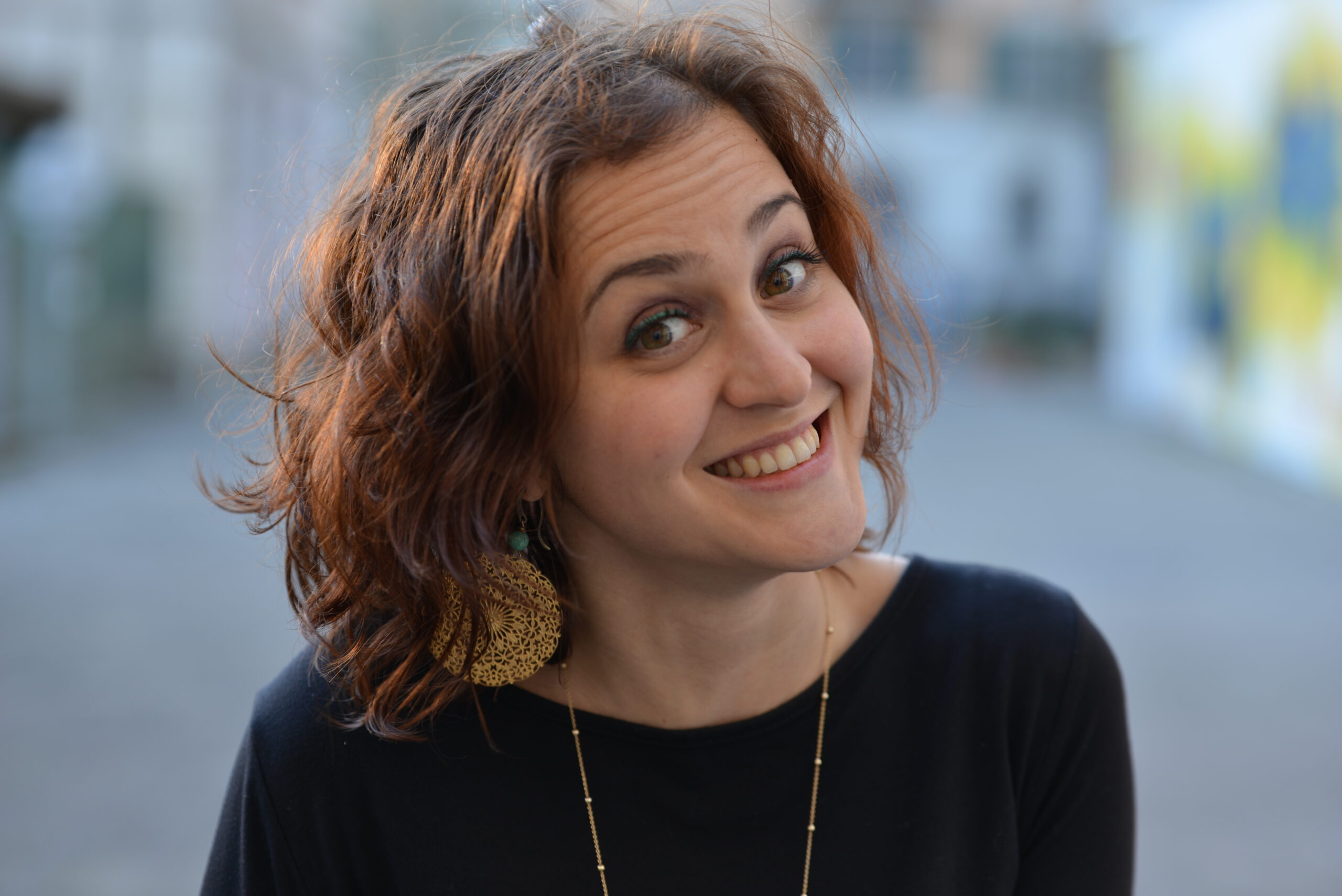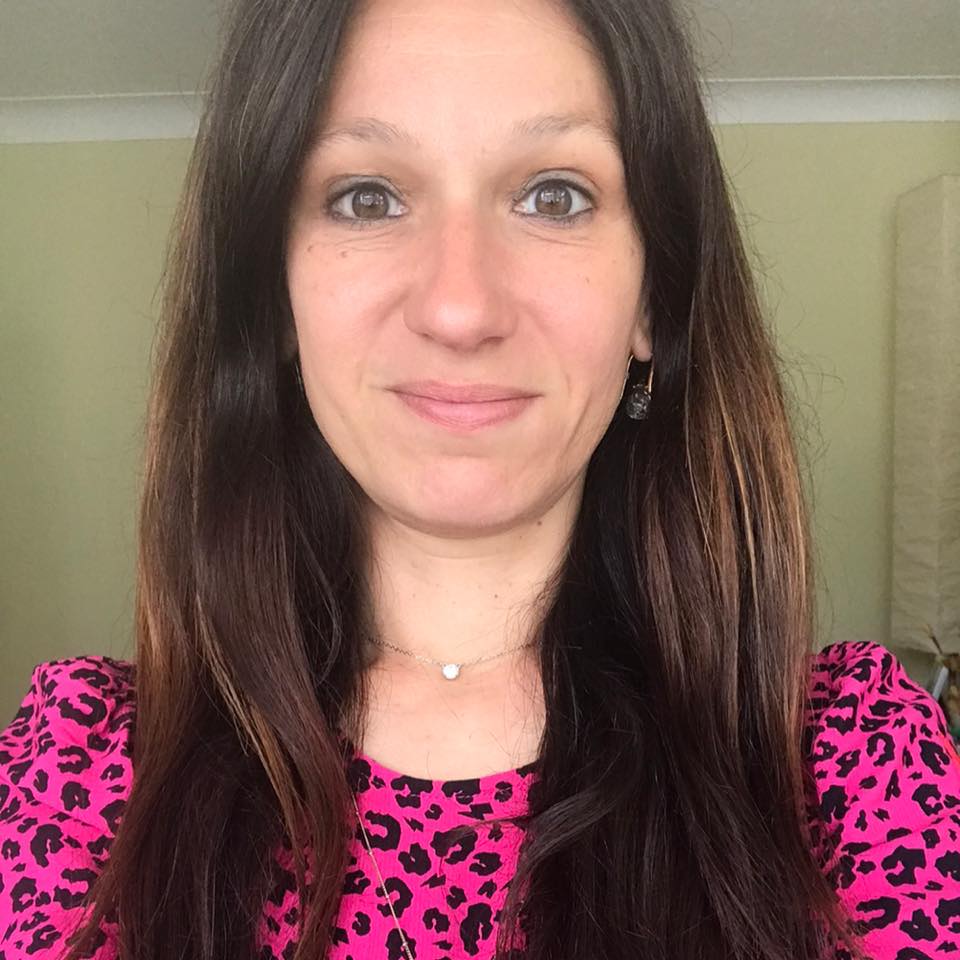Born in Cuneo, Italy • Birth year 1987 • Studied Mathematics at the University of Turin, Italy • Highest Degree PhD in Biostatistics from the University of Zurich, Switzerland • Lives in Venice, Italy • Occupation Assistant Professor with Tenure-Track in Statistics at the University Ca’ Foscari Venice
I have always been passionate about exploring the world of numbers and graphs, finding their intricate patterns and relationships fascinating.
Thanks to my scientific high school education at “Liceo Scientifico Giuseppe Peano”, I was exposed to all the historical and classical branches of mathematics, including Algebra, Geometry, Analysis, and more, with a high degree of knowledge and depth. I was taught important methods for solving equations and performed well in these subjects.
Mathematics was like a game to me: MatheMagics, a sort of puzzle where connecting different pieces represented solving equations, revealing the solutions behind them and the underlying functions.
My Master’s thesis involved developing an epidemiological model to represent a disease in goats.
I pursued Mathematics for both my Bachelor’s and Master’s degrees. My Master’s thesis involved developing an epidemiological model to represent a disease in goats. It was particularly brilliant, receiving two academic recognitions: the Best Master Thesis in Mathematics of the current Academic Year and the Caligara Prize, awarded to Interdisciplinary Master Works with an applied focus. These two awards gave me the ‘wings’ to fly toward the beginning of my academic path.
Therefore, I moved to Switzerland to pursue a Ph.D. in Applied Statistics at the University of Zurich, focusing on the study of Additive Bayesian Networks (ABN) for System Epidemiology. ABN is an innovative methodology that deals with multivariate data, analysing the interconnected and hidden relationships between variables. This marked my first step in transitioning from applied mathematics to statistics.
Mathematics and Statistics are two sides of the same coin, each indispensable and valuable.
Mathematics and Statistics are two sides of the same coin, each indispensable and valuable. On one side, there is the rigour and elegance of formulas, accompanied by foundational knowledge and methodology. On the other side, there is evolution through the modernity of digitalization and concrete applications. Statistics, particularly when applied, is a subject primarily developed using statistical software for data analysis. Additionally, data visualisation is a crucial initial step in comprehending the context. When conducted directly with a tool, it is the outcome of digitalization.
I have always compared my PhD journey to a hike. The peak of the mountain represents the completion of the thesis, or equivalently, the submission and even better, the publication of a scientific paper. I often had the impression that reaching the highest point of the mountain was not possible. This feeling was often demotivating. Overcoming this required strength, determination, and a bit of ambition to finish the task and not give up on the goal. However, the immense satisfaction of completing the PhD ultimately rewarded all the previous effort.
I continued this journey with a PostDoc in Applied Statistics for Nutritional Epidemiology at the International Agency for Research on Cancer (IARC), a part of the World Health Organization (WHO) in Lyon, France. The project focused on studying the relationship between two types of cancer and B-Vitamins intake, involving the development of a Bayesian hierarchical model that accounts for the complexity of the data, including measurement error, disease models, and their intake distribution.
As I began sharing my knowledge, passion, and experiences with them, the joy and gratitude reached their zenith when I observed the students understanding new topics and expressing profound appreciation.
Postdoctoral positions are particularly delicate as they involve a transitional phase in one’s career. At the conclusion of the contract, there may not be a conferred title or a guaranteed position. Therefore, the qualities of strength, determination, and ambition mentioned earlier become even more critical. These attributes are essential for persisting with the research project and not succumbing to challenges, thereby maintaining the original objectives.
After spending a couple of years in France amidst the challenges of academic life, I returned to Switzerland and took on the role of a Scientific Collaborator. This position swiftly evolved into a Senior Lecturer role. Over the course of 6 years, I was affiliated with the University of Geneva, where I taught various courses in Statistics and Mathematics at both the Bachelor and Master levels, delivering lectures in both English and French. Additionally, I served as the Scientific Coordinator of the Master program in Business Analytics.
The first time I embarked on teaching, I felt utterly lost during the preparation phase, a mix of thrill, excitement, and emotion engulfing me afterward. The moment before entering the classroom consistently brought a sense of forgetting my own knowledge, a feeling that dissipated upon seeing the students in front of me. As I began sharing my knowledge, passion, and experiences with them, the joy and gratitude reached their zenith when I observed the students understanding new topics and expressing profound appreciation. These moments stand out as the happiest and most rewarding aspects of my day, constituting a meaningful part of my teaching career.
In this current position, my focus has been on investigating statistical techniques and analyses for demographic studies, particularly on the ageing of the European and Italian population.
During the period in Geneva, my research interests transitioned from biostatistics to philanthropy, exploring specific statistical methodologies highly relevant to that discipline. My shift in research interests expanded further during my role as an Assistant Professor at the University of Florence, a position I held for 10 months just before transitioning to my current role as Assistant Professor with Tenure-Track at the University Ca’ Foscari Venice. In this current position, my focus has been on investigating statistical techniques and analyses for demographic studies, particularly on the ageing of the European and Italian population.
From epidemiology to philanthropy and demography, these are just a few examples of the myriad applications of mathematical and statistical methods. As Galileo Galilei once aptly stated, ‘The Book of Nature is written in the language of Mathematics‘. This encapsulates the secret and magic of this wonderful discipline.






Recent Comments